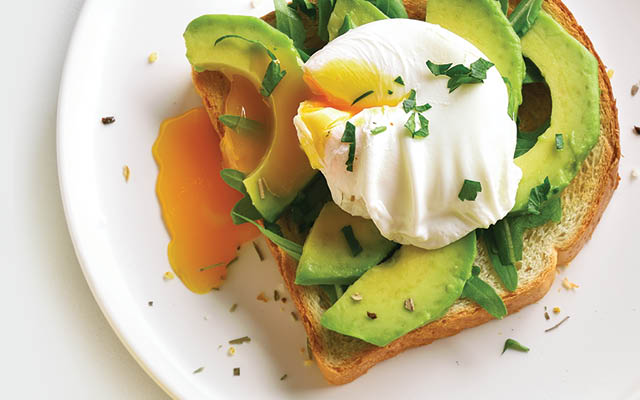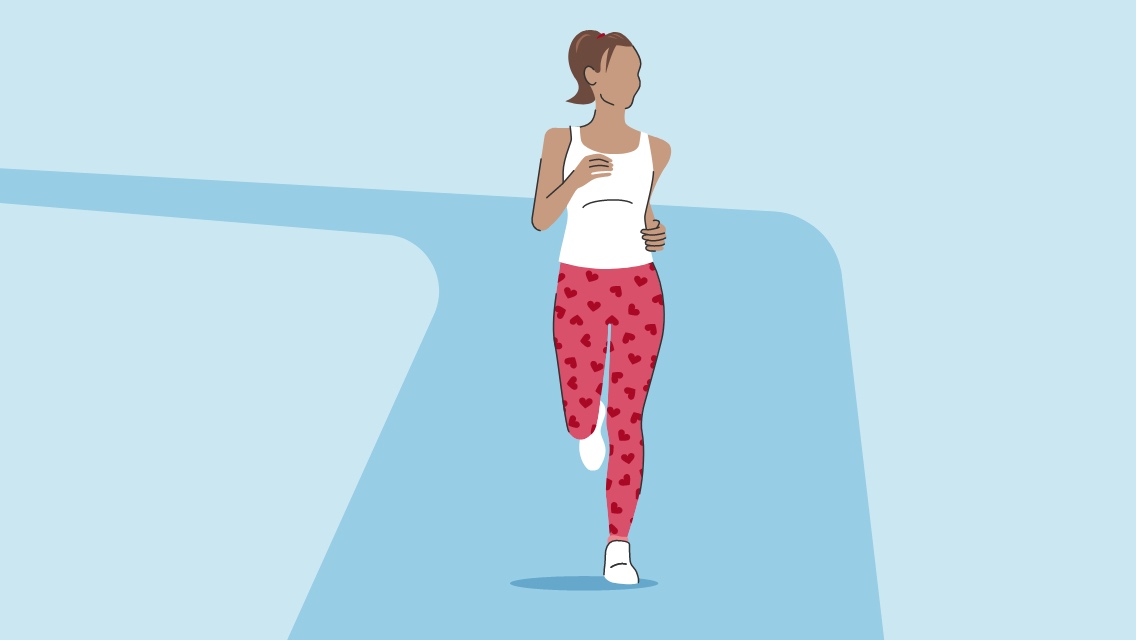If your go-to breakfast is a cup of joe and a slice of toast — or nothing at all — recent research suggests you may be increasing your risk of heart disease.
A study published in the Journal of the American College of Cardiology found that participants who regularly skimped on their morning meal or skipped it entirely were significantly more likely to develop atherosclerosis than those who typically tucked into a hearty breakfast.
“Our results indicate that there is an independent association between breakfast consumption and cardiovascular disease,” says lead study author José Peñalvo, PhD, assistant professor at the Friedman School of Nutrition Science and Policy at Tufts University.
Earlier research established a link between poor breakfast choices and a litany of chronic conditions, including type 2 diabetes, hypertension, and elevated levels of cholesterol, glucose, and insulin. But Peñalvo’s team is the first to connect the contents of a morning meal to early-stage hardening of the arteries, which can lead to heart attack and stroke.
A good breakfast, Peñalvo explains, may help regulate glucose throughout the day, increase satiety, and prevent overeating. “If you introduce a good-quality breakfast into your diet, it will probably help correct unhealthy behaviors later in the day,” he notes.
Researchers recruited some 4,000 study participants ranging in age from 40 to 54, none of whom reported a history of heart disease. Using participants’ responses to dietary questionnaires, Peñalvo’s team separated the group into three categories: those who started their day with just coffee or juice (“breakfast skippers”), those who limited their consumption to 5 to 20 percent of their caloric intake for the day (“low-energy” breakfast eaters), and those who consumed more than 20 percent of their day’s calories at the morning meal (“high-energy” eaters).
Accounting for risk variables, such as smoking and high blood pressure, and using ultrasound and other imaging tools to detect arterial plaque, the researchers found that breakfast skippers were 2.5 times more likely than high-energy eaters to develop atherosclerosis. Low-energy breakfast eaters were 1.2 times more likely to produce plaque buildup.
Peñalvo notes that the study does not prove causation — nor did his team account for the duration between the dinner meal and the first meal of the next day. “Participants who regularly skip breakfast could have a late dinner,” he explains, “and therefore the duration of overnight fasting in this group would have been equal to the one of the group who consumed breakfast in the morning and had earlier dinner, resulting in a somehow similar metabolic profile.”
Still, the results suggest that a hearty breakfast may help you make better food choices throughout the day. Just make sure you avoid a carb-heavy meal first thing in the morning, advises dietitian Amy Keating, RD. “Many people load up on carbohydrates in the morning: bagels, cereal, fruit, juice, toast. Even if the cereal and bread are whole grain, aim to balance the carbohydrates with protein and healthy fats.”
This originally appeared as “Breakfast & Heart Health: A Clear Connection” in the November 2020 print issue of Experience Life.




This Post Has 0 Comments